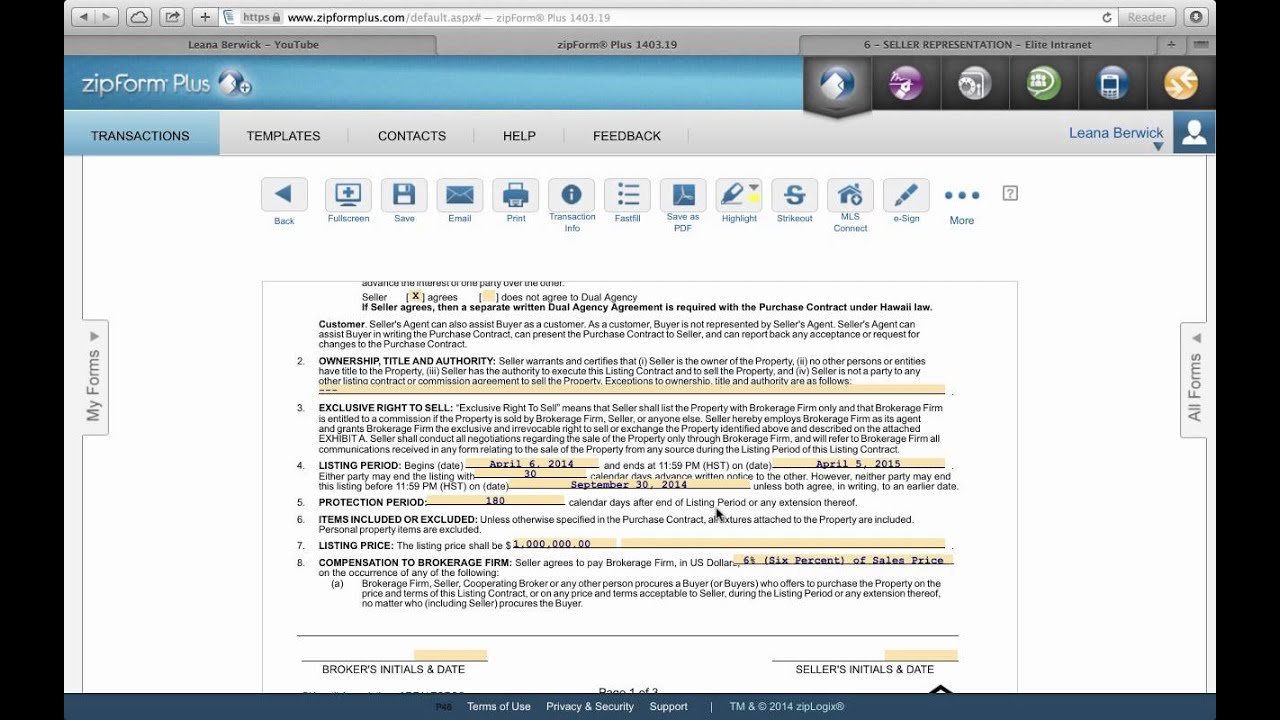
Net proceeds is the amount that a merchant gets after deducting all expenses related to selling a product, asset or service. These expenses include taxes and fees as well as commissions and other transaction cost. The gross proceeds of a product or service might be higher than the net proceeds. However, that does not necessarily mean that it is worth more.
Sometimes, the net proceeds of a sale of business assets or other assets may be greater than the gross proceeds. This is because capital gains tax calculations are based on net proceeds, not gross proceeds.
You must subtract the costs of selling the property from your sales price in order to determine the net profits from a real-estate transaction. This includes the costs of hiring an agent, listing the home for sale and paying fees to the escrow office.

It is crucial to be aware of these costs as they can quickly add up if not carefully considered. They can also affect your decision about buying a new home once you have sold the one you already own.
It doesn't matter what your financial situation is or how much you intend to spend on a new house, you need to be aware of the potential impact. Advocate for yourself, negotiate lower fees whenever possible, and you will ensure that you have what you need to buy your next home and pay your mortgage.
A home inspection is a must before you put your house on the market. It will give you an idea of what repairs are needed and can help buyers get a better understanding of the property's quality. You should also agree to any seller concessions. These are typically negotiated during contract negotiations but can add up to a significant amount of money for you.
You should also have a professional stage your home to help it appeal to buyers. This will increase the value of your home and help it sell quicker. Although it can be costly, it is well worth the cost.

In addition to your net proceeds, it is important to account for any seller concessions made under the sale contract. This can include things like reducing your commissions and closing costs or covering some of the buyer's fees.
Your net proceeds from the sale of your home can be impacted by many factors, including how you sell the property and whether or not it is an all-cash sale. You can structure some real estate transactions so that the seller gets cash in exchange to a certain percentage equity.
This is because the market conditions and the location of your home can have an impact on these numbers. These numbers are not intended to give an accurate picture of the potential outcomes of selling your home.
FAQ
Do I need flood insurance?
Flood Insurance protects you from flooding damage. Flood insurance protects your possessions and your mortgage payments. Find out more about flood insurance.
What is a reverse loan?
A reverse mortgage is a way to borrow money from your home without having to put any equity into the property. You can draw money from your home equity, while you live in the property. There are two types: conventional and government-insured (FHA). Conventional reverse mortgages require you to repay the loan amount plus an origination charge. FHA insurance covers the repayment.
What are the disadvantages of a fixed-rate mortgage?
Fixed-rate loans tend to carry higher initial costs than adjustable-rate mortgages. If you decide to sell your house before the term ends, the difference between the sale price of your home and the outstanding balance could result in a significant loss.
Is it possible to sell a house fast?
If you have plans to move quickly, it might be possible for your house to be sold quickly. You should be aware of some things before you make this move. First, find a buyer for your house and then negotiate a contract. Second, you need to prepare your house for sale. Third, it is important to market your property. You should also be open to accepting offers.
What should I consider when investing my money in real estate
First, ensure that you have enough cash to invest in real property. You can borrow money from a bank or financial institution if you don't have enough money. Aside from making sure that you aren't in debt, it is also important to know that defaulting on a loan will result in you not being able to repay the amount you borrowed.
Also, you need to be aware of how much you can invest in an investment property each month. This amount must cover all expenses related to owning the property, including mortgage payments, taxes, insurance, and maintenance costs.
Finally, you must ensure that the area where you want to buy an investment property is safe. It would be best if you lived elsewhere while looking at properties.
Should I use a mortgage broker?
If you are looking for a competitive rate, consider using a mortgage broker. A broker works with multiple lenders to negotiate your behalf. However, some brokers take a commission from the lenders. Before signing up for any broker, it is important to verify the fees.
Can I buy my house without a down payment
Yes! There are many programs that can help people who don’t have a lot of money to purchase a property. These programs include FHA, VA loans or USDA loans as well conventional mortgages. For more information, visit our website.
Statistics
- Private mortgage insurance may be required for conventional loans when the borrower puts less than 20% down.4 FHA loans are mortgage loans issued by private lenders and backed by the federal government. (investopedia.com)
- When it came to buying a home in 2015, experts predicted that mortgage rates would surpass five percent, yet interest rates remained below four percent. (fortunebuilders.com)
- 10 years ago, homeownership was nearly 70%. (fortunebuilders.com)
- Some experts hypothesize that rates will hit five percent by the second half of 2018, but there has been no official confirmation one way or the other. (fortunebuilders.com)
- Over the past year, mortgage rates have hovered between 3.9 and 4.5 percent—a less significant increase. (fortunebuilders.com)
External Links
How To
How to Manage a Rental Property
You can rent out your home to make extra cash, but you need to be careful. We'll show you what to consider when deciding whether to rent your home and give you tips on managing a rental property.
Here's how to rent your home.
-
What are the first things I should consider? Before you decide if your house should be rented out, you need to examine your finances. If you are in debt, such as mortgage or credit card payments, it may be difficult to pay another person to live in your home while on vacation. It is also important to review your budget. If you don't have enough money for your monthly expenses (rental, utilities, and insurance), it may be worth looking into your options. It may not be worth it.
-
How much will it cost to rent my house? The cost of renting your home depends on many factors. These include things like location, size, features, condition, and even the season. You should remember that prices are subject to change depending on where they live. Therefore, you won't get the same rate for every place. Rightmove shows that the median market price for renting one-bedroom flats in London is approximately PS1,400 per months. This would translate into a total of PS2,800 per calendar year if you rented your entire home. While this isn't bad, if only you wanted to rent out a small portion of your house, you could make much more.
-
Is it worth it? It's always risky to try something new. But if it gives you extra income, why not? You need to be clear about what you're signing before you do anything. Renting your home won't just mean spending more time away from your family; you'll also need to keep up with maintenance costs, pay for repairs and keep the place clean. Before signing up, be sure to carefully consider these factors.
-
Is there any benefit? So now that you know how much it costs to rent out your home and you're confident that it's worth it, you'll need to think about the advantages. There are many reasons to rent your home. You can use it to pay off debt, buy a holiday, save for a rainy-day, or simply to have a break. It is more relaxing than working every hour of the day. And if you plan ahead, you could even turn to rent into a full-time job.
-
How do I find tenants? After you have made the decision to rent your property out, you need to market it properly. You can start by listing your property online on websites such as Rightmove and Zoopla. Once potential tenants reach out to you, schedule an interview. This will enable you to evaluate their suitability and verify that they are financially stable enough for you to rent your home.
-
What are the best ways to ensure that I am protected? If you're worried about leaving your home empty, you'll need to ensure you're fully protected against damage, theft, or fire. You will need to insure the home through your landlord, or directly with an insurer. Your landlord will typically require you to add them in as additional insured. This covers damages to your property that occur while you aren't there. This doesn't apply to if you live abroad or if the landlord isn’t registered with UK insurances. In this case, you'll need to register with an international insurer.
-
Even if your job is outside the home, you might feel you cannot afford to spend too much time looking for tenants. You must put your best foot forward when advertising property. A professional-looking website is essential. You can also post ads online in local newspapers or magazines. It is also necessary to create a complete application form and give references. Some prefer to do it all themselves. Others hire agents to help with the paperwork. You'll need to be ready to answer questions during interviews.
-
What happens once I find my tenant If there is a lease, you will need to inform the tenant about any changes such as moving dates. You can negotiate details such as the deposit and length of stay. It's important to remember that while you may get paid once the tenancy is complete, you still need to pay for things like utilities, so don't forget to factor this into your budget.
-
How do I collect rent? When it comes time for you to collect your rent, check to see if the tenant has paid. If your tenant has not paid, you will need to remind them. After sending them a final statement, you can deduct any outstanding rent payments. If you're having difficulty getting hold of your tenant you can always call police. The police won't ordinarily evict unless there's been breach of contract. If necessary, they may issue a warrant.
-
What are the best ways to avoid problems? You can rent your home out for a good income, but you need to ensure that you are safe. Consider installing security cameras and smoke alarms. It is important to check that your neighbors allow you leave your property unlocked at nights and that you have sufficient insurance. Do not let strangers in your home, even though they may be moving in next to you.